On 17 February 2025, on the margins of the meeting of the Baltic Sea Parliamentary Conference (BSPC) Standing Committee, a meeting between representatives of the Baltic Assembly, the Nordic Council and Members of the European Parliament (MEPs) took place in Brussels. During the discussions, parliamentarians assessed ways for advancing European defence cooperation to enhance strategic autonomy through unified policies and capabilities, and the geopolitical challenges of Europe and explored possibilities for cooperation in defending their shared interests.
Baltic-Nordic role in defending European security and values
President of the Baltic Assembly Jānis Vucāns emphasised that the challenges, such as geopolitical uncertainty and security concerns, demand unity, resilience, and a joint strategic view. “The Nordic-Baltic region has long been a model of regional cooperation. Our countries understand, perhaps better than most, the importance of a strong and resilient Europe that can protect itself against threats. We must seek ways to contribute to the security of Europe while ensuring that our shared voice is heard in the decision-making,” the President emphasised.
Member of the Presidium of the Nordic Council Jorodd Asphjell agreed that Europe benefits from a more united Baltic-Nordic region. He emphasised the importance of cooperation with the Baltic Assembly by stating that in the International Strategy of the Nordic Council issues concerning security in the Baltic Sea area, the Arctic, and the North Atlantic are high on the agenda in the international collaboration and the dialogue with the Baltic Assembly. It is also important to maintain and promote good relationships with like-minded countries, regions, and organisations, such as the Baltic Assembly and the European Parliament to jointly stand up for fundamental rights - democracy, the rule of law, equality, and human rights.
During the meeting, it was agreed that the Baltic and Nordic countries share common security concerns - from hybrid threats and cyber warfare to disinformation campaigns and provocations in the Baltic Sea, as well as similar energy security challenges. At the same time, the countries are on the frontline of defending European values. No single country can navigate these challenges alone. Therefore, the Baltic and Nordic countries should play a leading role in shaping Europe's defence agenda. Importantly, it is necessary to increase defence spending and look at this necessity from a regional perspective as the security of the Baltic and Nordic countries ensures security for the whole of Europe. “Stronger Baltic-Nordic cooperation is not only a strategic advantage - it is a necessity,” Jānis Vucāns concluded.
Security and sustainability of the Baltic Sea region
Afterwards, the meeting of the BSPC Standing Committee convened, where pressing regional and European issues were discussed, with a focus on strengthening regional cooperation, addressing security challenges and advancing sustainability initiatives. The Standing Committee brought together delegates from across the Baltic region, including members from the European Parliament, European Commission, Baltic Marine Environment Protection Commission (HELCOM) and national parliaments, who agreed to deepen the cooperation and tackle shared challenges. The Baltic Assembly was represented by President Jānis Vucāns, Vice President Giedrius Drukteinis and Members of the Presidium Enn Eesmaa and Daiva Petkevičienė.
During the discussion on recent accomplishments and future plans in the Baltic Sea region, Former European Commissioner for the Environment, Oceans and Fisheries and current MEP Virginijus Sinkevičius emphasised that the strategic importance of the Baltic Sea continues to grow, shaped by geopolitical shifts, environmental concerns, and energy developments. Security has become paramount, particularly in light of sabotage against pipelines, which not only threatens stability but also harms the fragile marine environment. Also, “shadow fleets” circumventing sanctions pose a persistent challenge, highlighting the need for stronger monitoring and enforcement. Over the past five years, the security landscape of the region has evolved dramatically, therefore, it was agreed that there is a need for increased cooperation among Baltic Sea states and tougher measures against illicit activities.
In the meeting, the development of a new BSPC Working Group was also discussed. The Baltic Assembly proposed to create a new BSPC working group on Strengthening the Cyber and Information Resilience of the democratic Baltic Sea region. “The BSPC is an excellent format for discussing all these issues and finding the best solutions to our current and future problems. Through our joint efforts, we have consistently looked for ways how to strengthen cooperation among Baltic Sea states. However, the evolving nature of cyber threats is proof that we need a platform to further advance our joint initiatives,” President Jānis Vucāns emphasised.
Photos
© Secretariat of the Baltic Assembly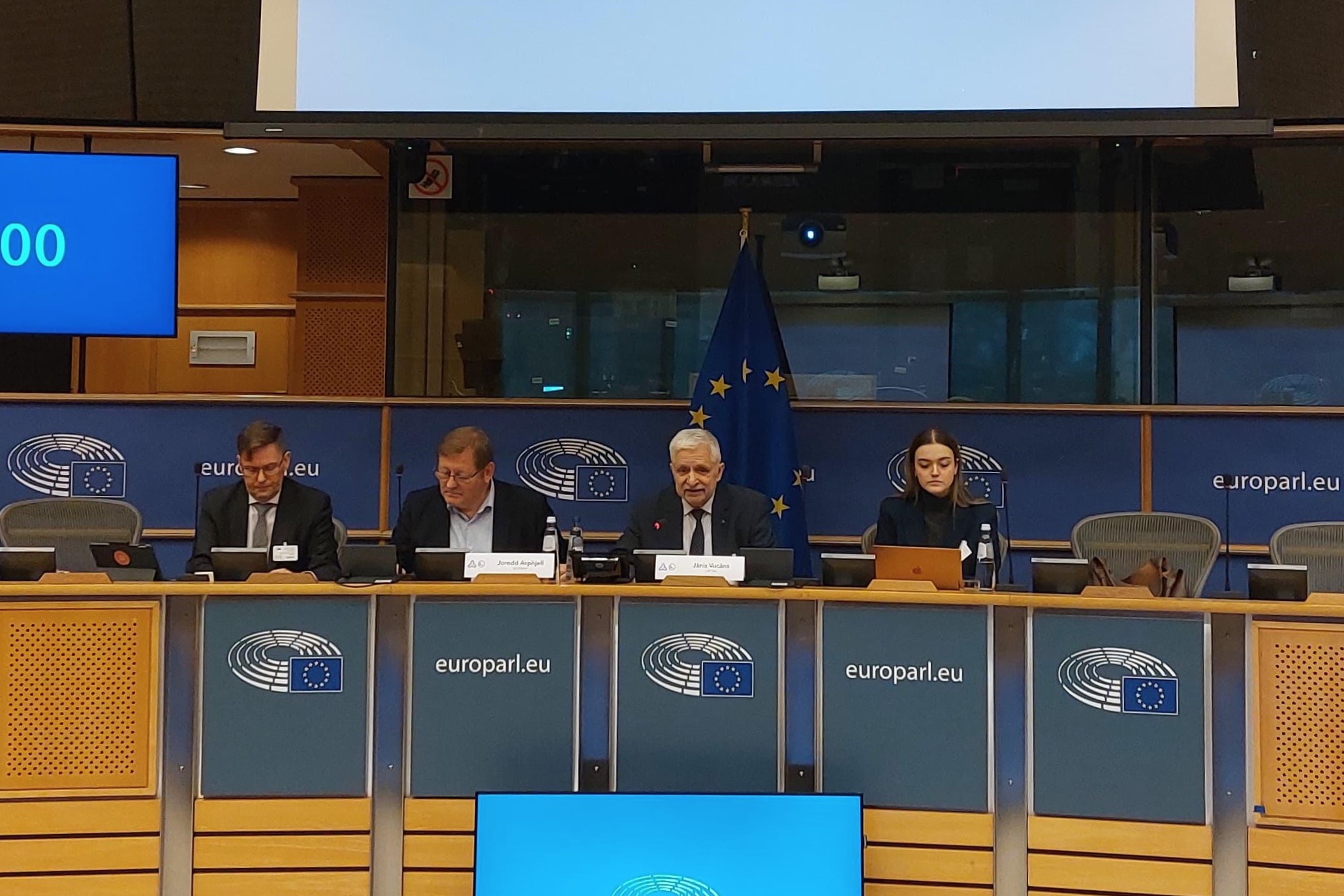
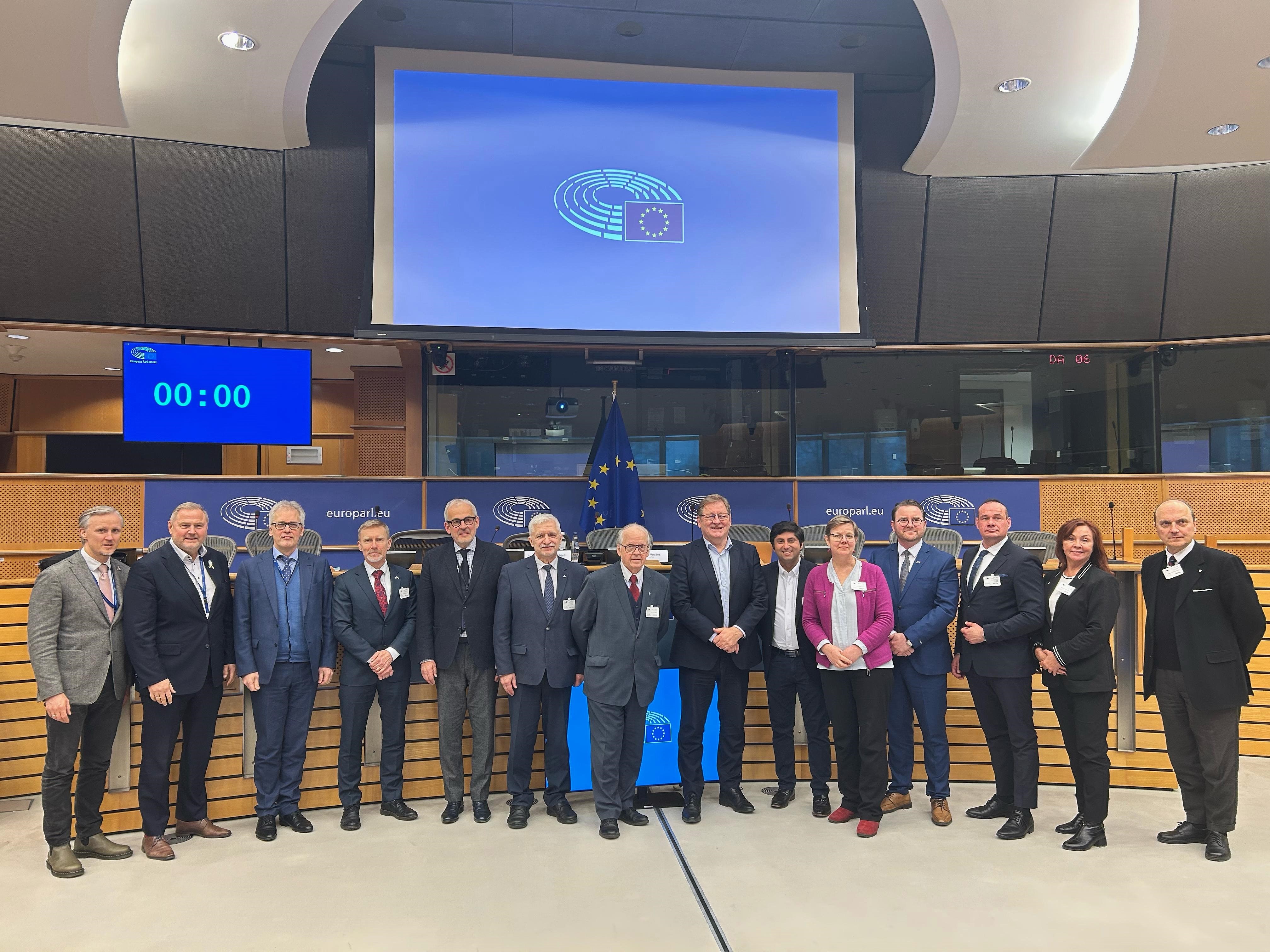
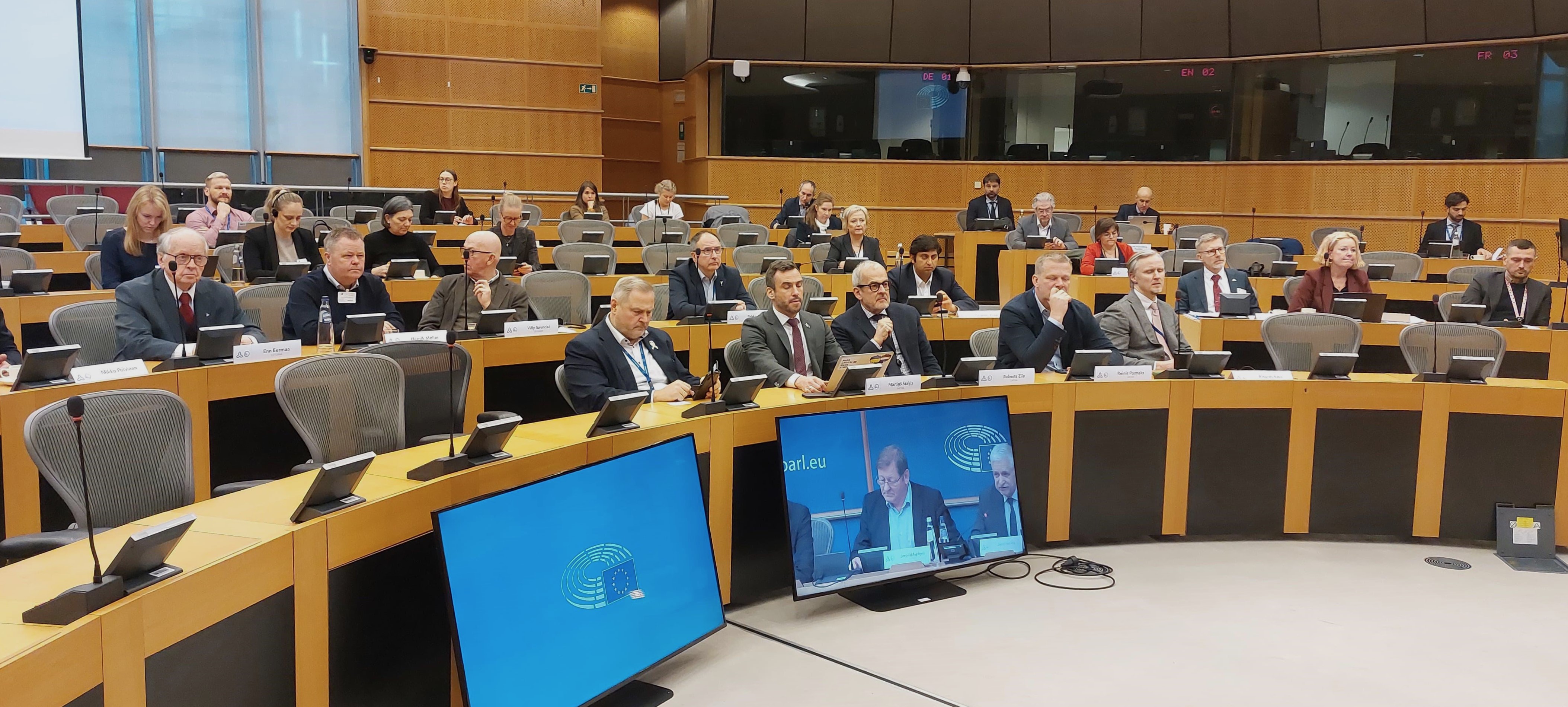
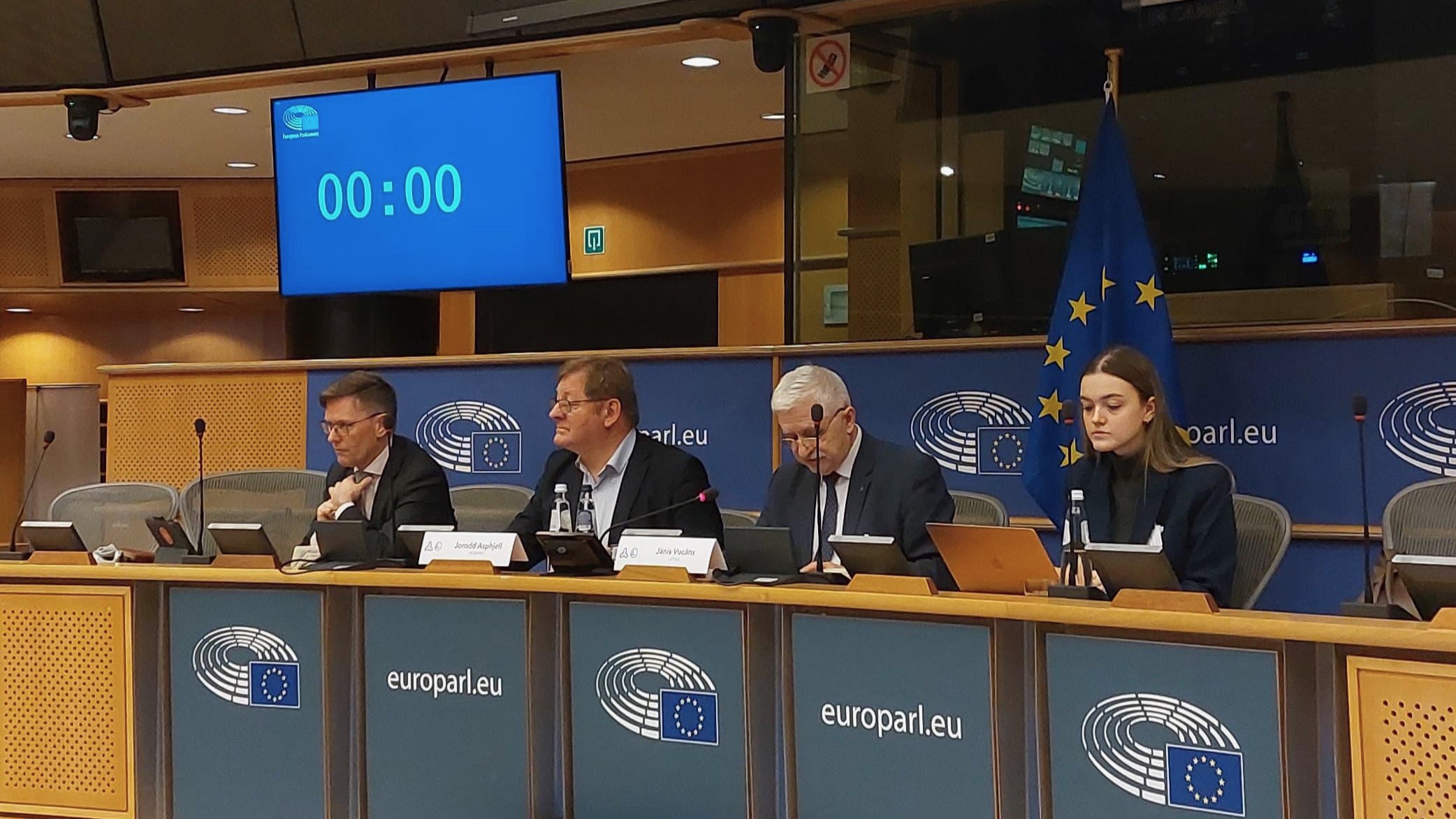
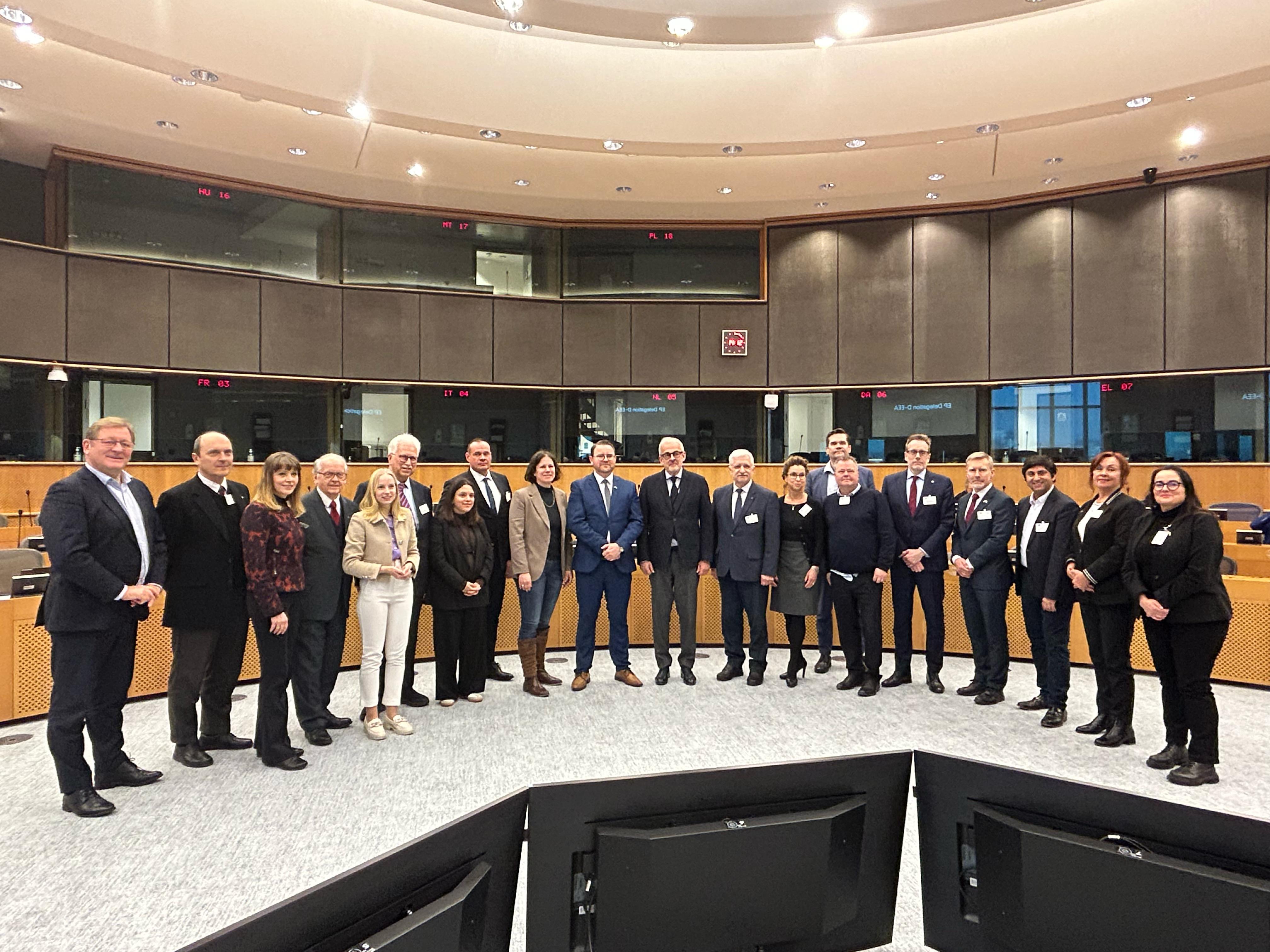
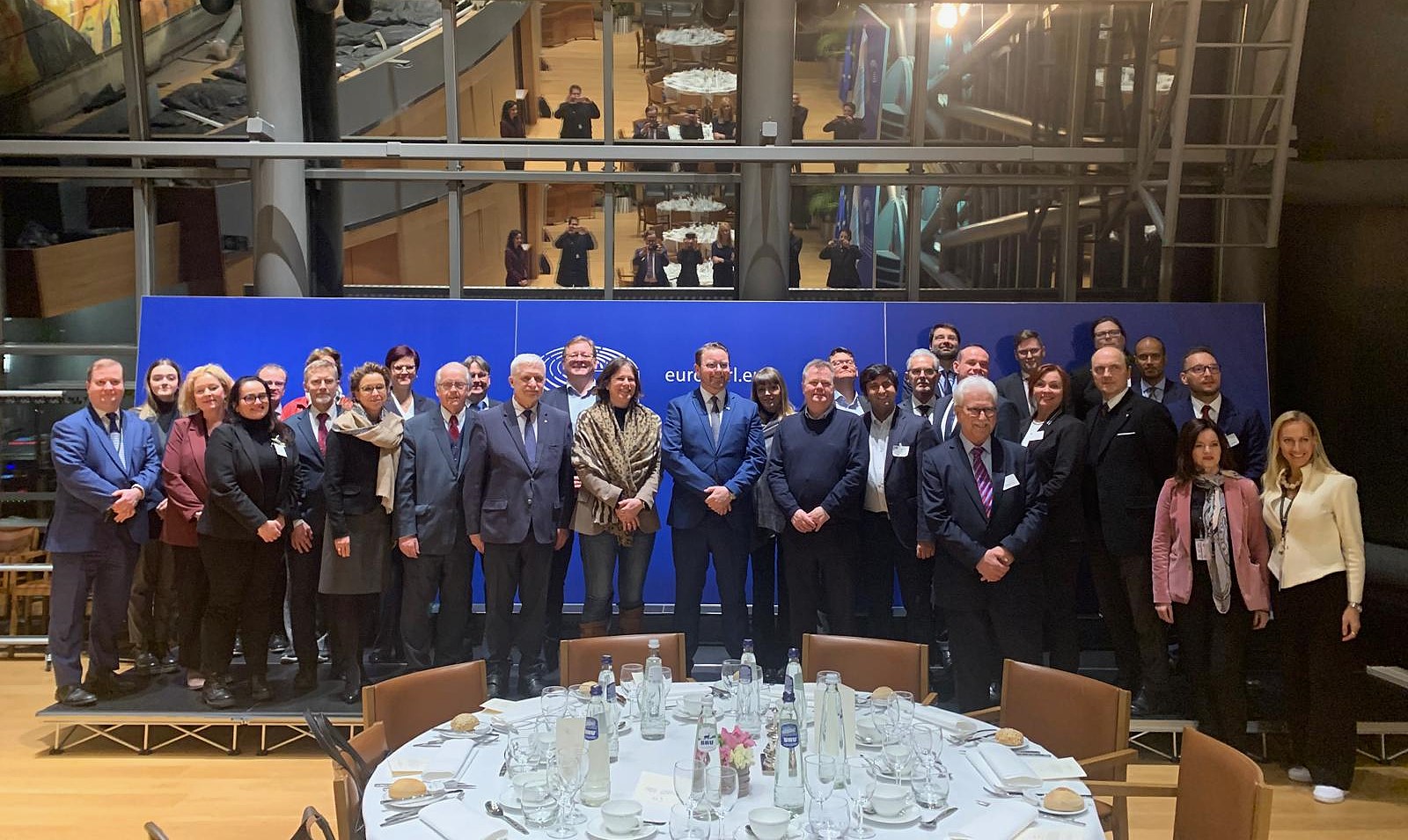
 Print
Print 









